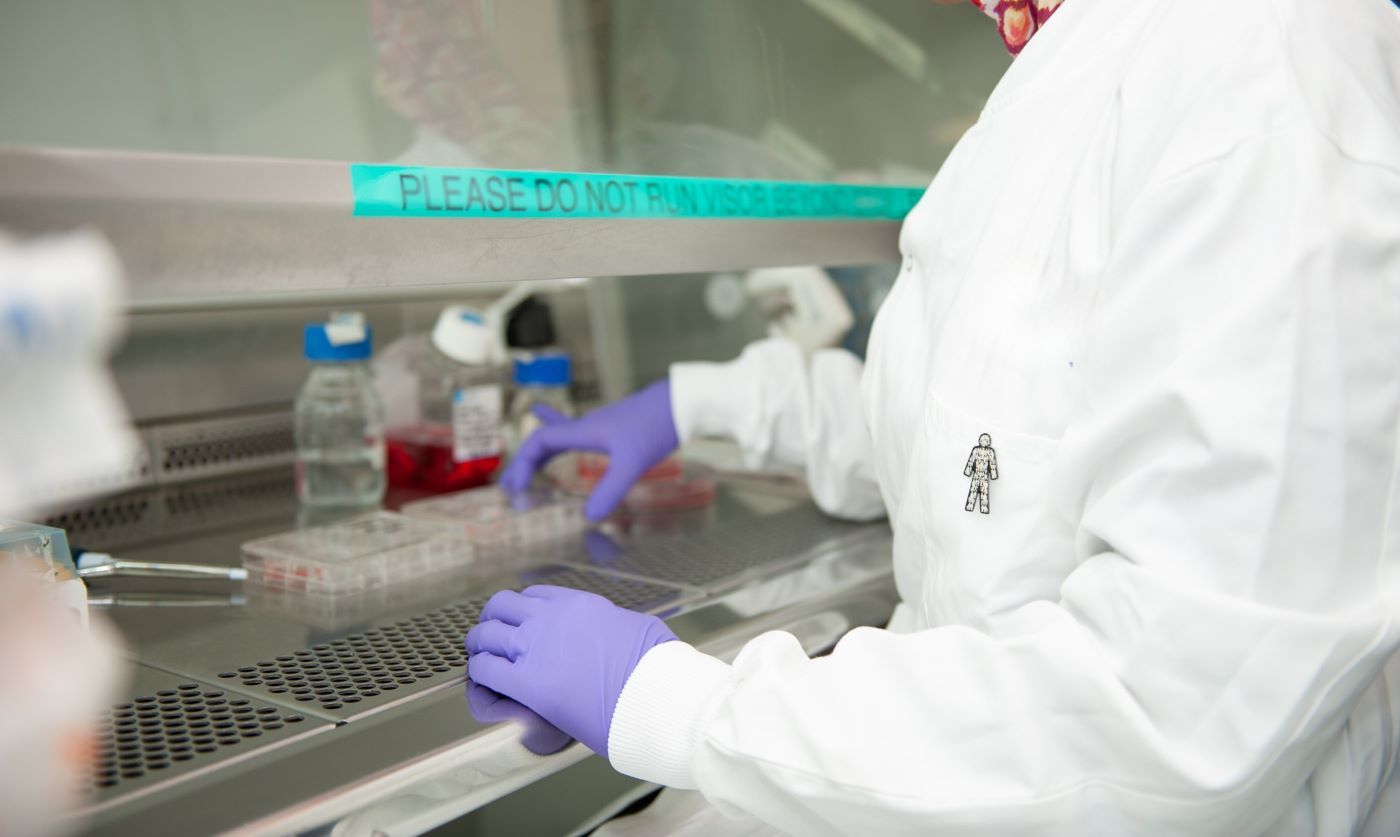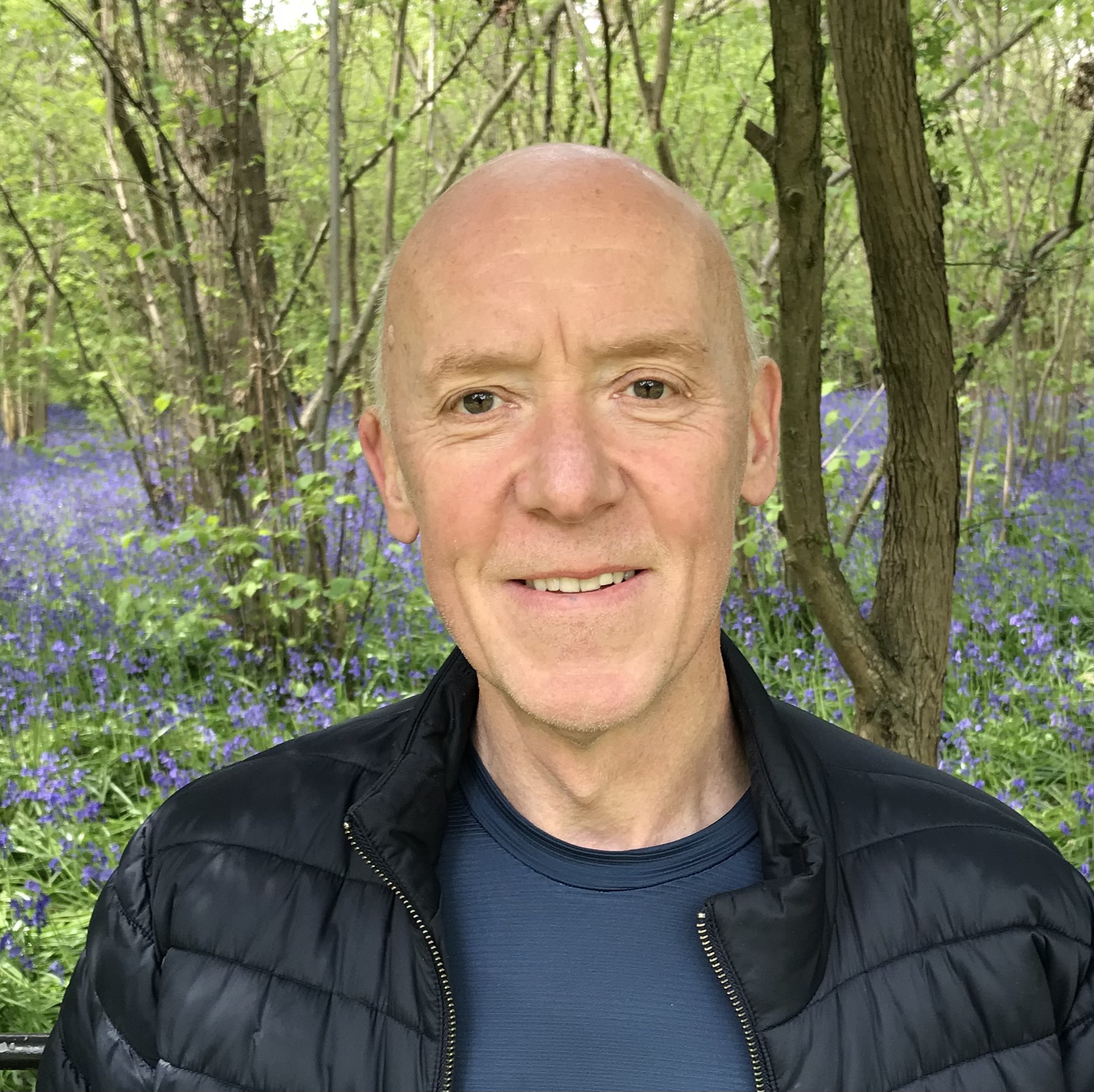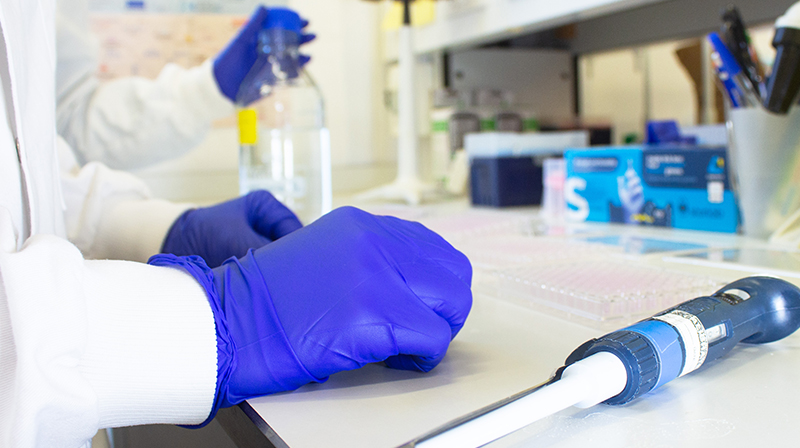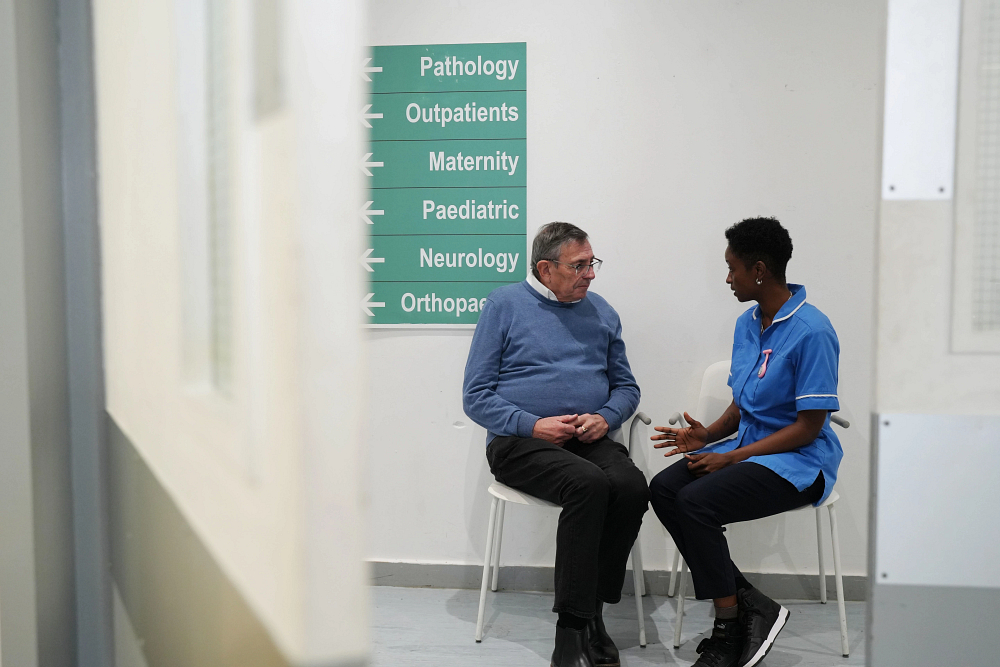
Understanding how cancer 'turns back the clock' to grow and evade treatment

Grant information
Institution - Newcastle University
Researcher - Professor Craig Robson
Grant award - £209,648
Duration - 2013-2017
Status - Complete
Reference - PG12-24
Why did we fund this project?
- Embryonic stem cells, or ESCs, are the cells that make up the embryo, the earliest stage of the development of a baby in the womb. ESCs must be able to grow and divide rapidly, to form the growing organs of a developing baby. To do this, they produce a number of 'stem cell proteins' that promote growth.
- Like ESCs, prostate cancer cells grow and divide rapidly. Researchers have shown that to achieve this rapid growth, cancer cells can turn back the clock, and start behaving like ESCs by producing stem cell proteins.
- The androgen receptor (AR) is a different protein that is known to be important in helping prostate cancer to grow, and is the target of many prostate cancer treatments, including hormone therapy.
- Professor Robson and team proposed that the stem cell proteins might work together with the AR to make prostate cancer grow and spread more rapidly. They also thought the stem cell proteins might help the AR dodge the treatments targeted at it, leading to treatment resistance.
- In this project, the team wanted to characterise exactly how the AR is affected by these stem cell proteins, to identify new treatment targets that could slow cancer growth and overcome resistance.
What did the team do?

- The team grew prostate cancer cells, and used genetic techniques to make them express the stem cell proteins.
- They then studied how this affected the growth of the prostate cancer cells and their resistance to treatment.
- They also studied the interaction between the stem cell proteins and the AR, to understand whether stem cell proteins were helping the AR drive cancer growth.
What did the team achieve?
- The team found that prostate cancer that produced lots of certain stem cell proteins were more likely to be resistant to treatment and have a worse prognosis.
- Unexpectedly, they found out that the stem cell proteins were bypassing the androgen receptor and driving cancer growth in a different way.
- This work has helped to identify new potential targets for the treatment of advanced prostate cancer patients. They now need to look at whether blocking these targets can stop prostate cancer growth.
How will this benefit men?
- The team's work has identified new targets for treatments that could benefit men with advanced disease. With further funding, the team hope to develop drugs to test in clinical trials.
- The team have also made new discoveries about why advanced disease that is resistant to treatment develops in some men. This discovery could help us predict which men will develop advanced disease sooner, so that these men receive effective and early treatment.

Help us fund more lifesaving research like this...
Your support helps us fund pioneering research, so we can work towards a future where men's lives aren't limited by prostate cancer.
